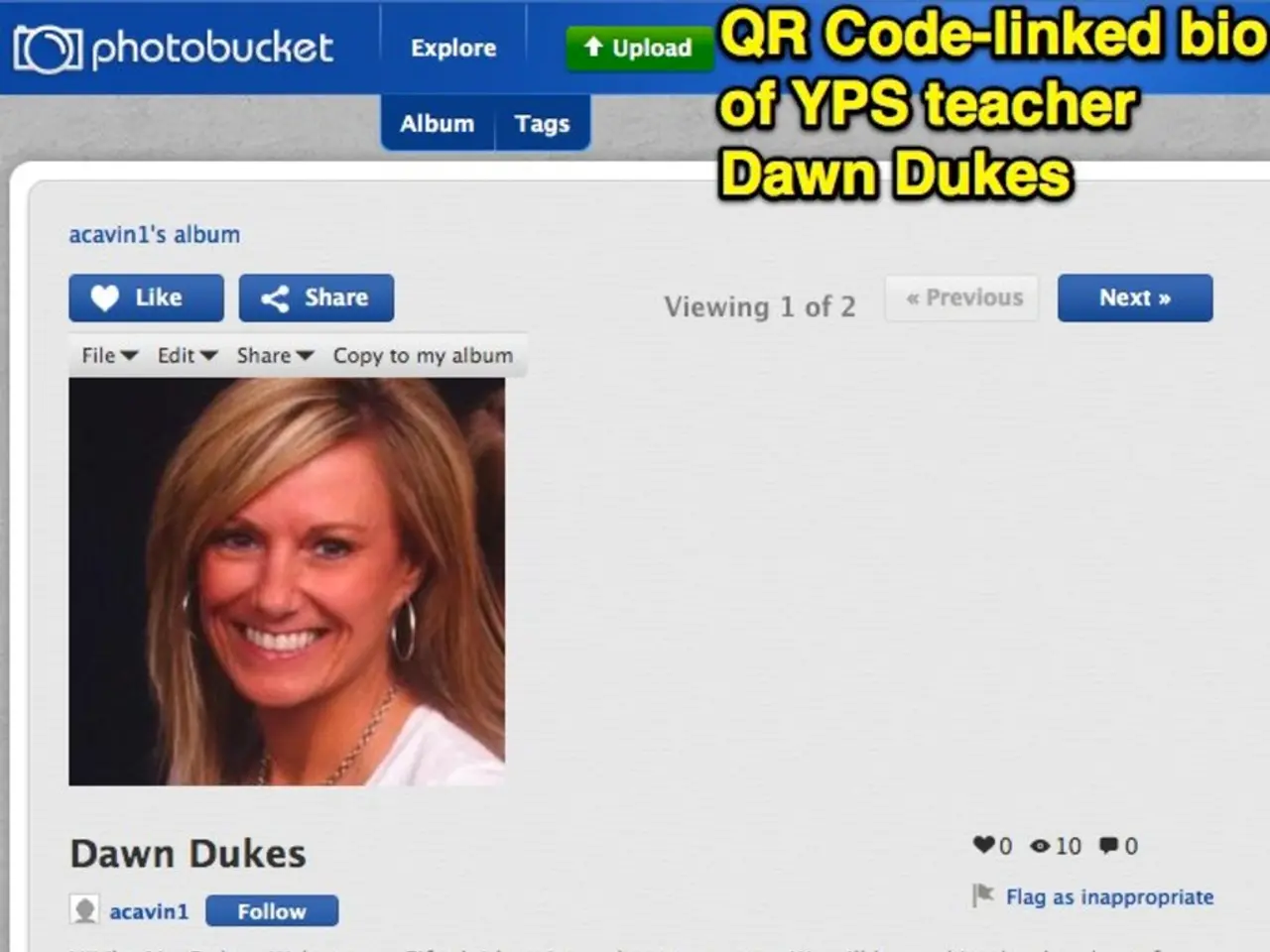Simplifying Subscription Cancellation may become a Reality in New York - Provided Lawmakers Successfully Implement Their Plans
In a move that may come as a surprise to consumers, the New York State Senate's current 2025–26 budget proposal does not seem to address the issue of automatic subscription renewals for certain companies, as a regulatory or budgetary priority.
The budget's main focus is on education, health care, and economic support, with major funding increases for child care, youth programs, and schools, as well as increased Medicaid funding and investments in health care affordability. However, there is no mention of legislation, policy changes, or budget items targeting subscription-based businesses, their renewal practices, or consumer protections in this context.
This is contrary to Governor Kathy Hochul's proposal, which contains a loophole that does not cover companies providing internet, TV, radio, or phone services. As a result, major companies like Verizon, Hulu, Amazon Music, and others would not be forced to make it easier for customers to cancel their subscriptions.
The absence of this issue in the budget proposal is not entirely unexpected, as consumer protection laws or regulatory agencies, such as the New York Attorney General’s office or Department of State, typically handle such matters, not the annual budget process.
However, the federal government's stance on consumer protection is a different story. The Trump Administration recently filed a brief asking a court to uphold a federal regulation similar to the one under consideration in New York. Meanwhile, business groups are suing in federal court to overturn the federal regulation.
Pat Garofalo, a state law expert at the American Economic Liberties Project, notes that the federal government is largely walking away from consumer protection efforts. This leaves the responsibility of enacting good consumer protection at the state level, a view shared by Erin Witte, director of consumer protection at the Consumer Federation of America. Witte views the Trump Administration's actions as indicating the common-sense and bipartisan nature of stopping subscription traps.
State Senate Consumer Protection Committee Chair Rachel May has said she will look into the loopholes and ensure the law covers what it needs to cover. Meanwhile, the Assembly did not include a version of the measure in its budget proposal, leaving the status of this issue unclear.
The schism in New York mirrors a similar conflict on the federal level, with experts suggesting that if the state moves forward without federal regulation, the law may be less effective due to the complexity of interstate commerce and the need for uniform standards.
As the budget process continues, consumers may want to keep a close eye on developments regarding automatic subscription renewals and consumer protection laws in New York. Speaker Carl Heastie's stance on the issue remains unclear, but with the Senate wanting to eliminate loopholes and the Governor pledging to make it easier to cancel a subscription this year, there may be hope for change in the near future.
- In contrast to the Senator's budget proposal, the Governor's proposal contains a loophole that fails to cover companies offering internet, TV, radio, or phone services from being compelled to facilitate easier subscription cancellations.
- The Assembly, like the Senate, did not include a measure addressing the issue of automatic subscription renewals in its budget proposal, leaving the status of this matter uncertain.
- State Senator Consumer Protection Committee Chair Rachel May has expressed her intention to investigate loopholes and ensure that the law encompasses the necessary protection.
- Erin Witte, director of consumer protection at the Consumer Federation of America, believes that the Trump Administration's actions indicate the common-sense and bipartisan nature of preventing subscription traps.
- As the budget process unfolds, consumers in New York may find it beneficial to monitor developments linked to automatic subscription renewals and consumer protection laws, as Speaker Carl Heastie's stance on the issue remains undetermined.




